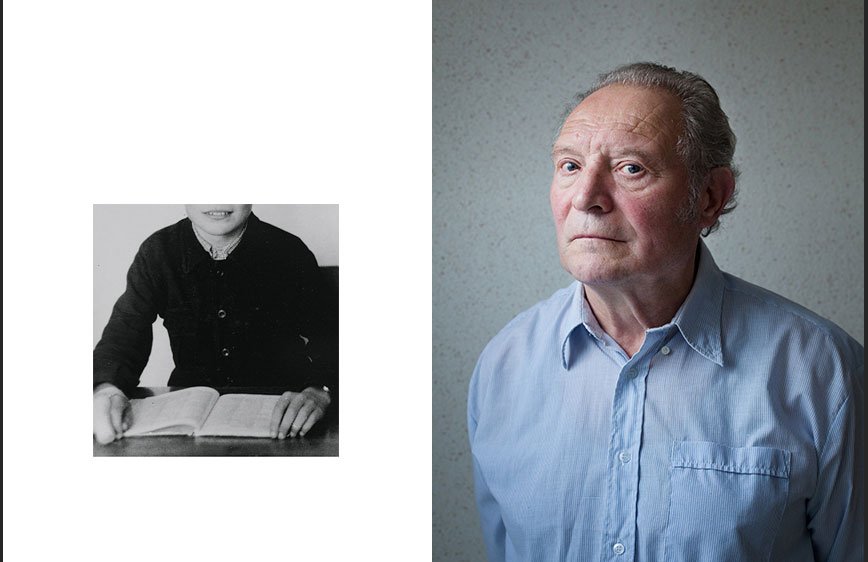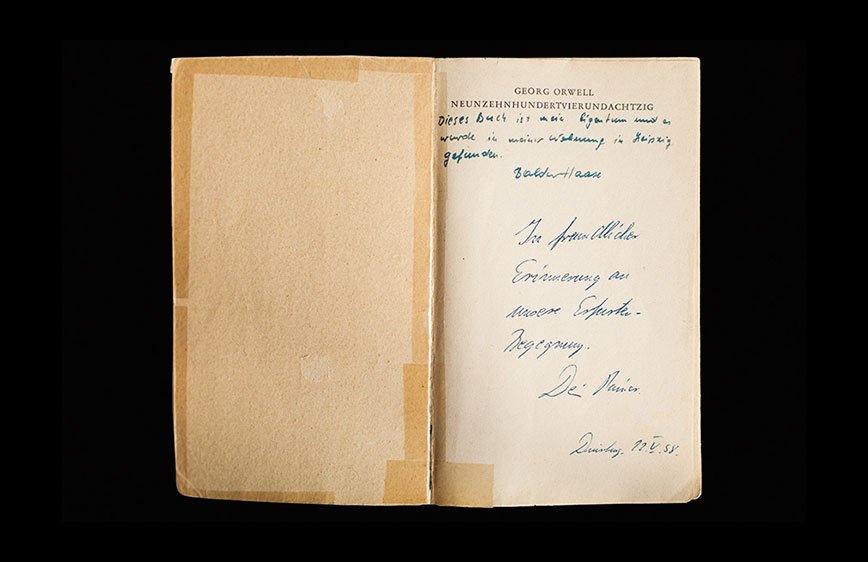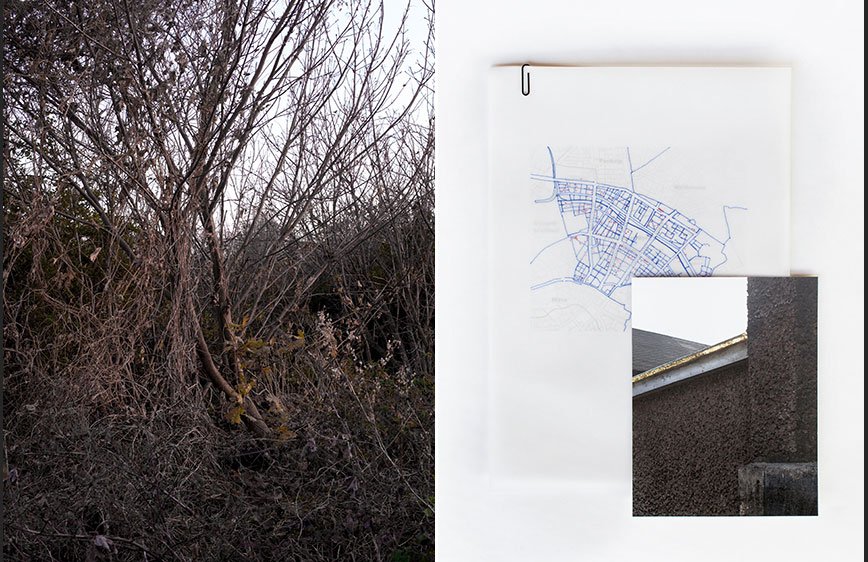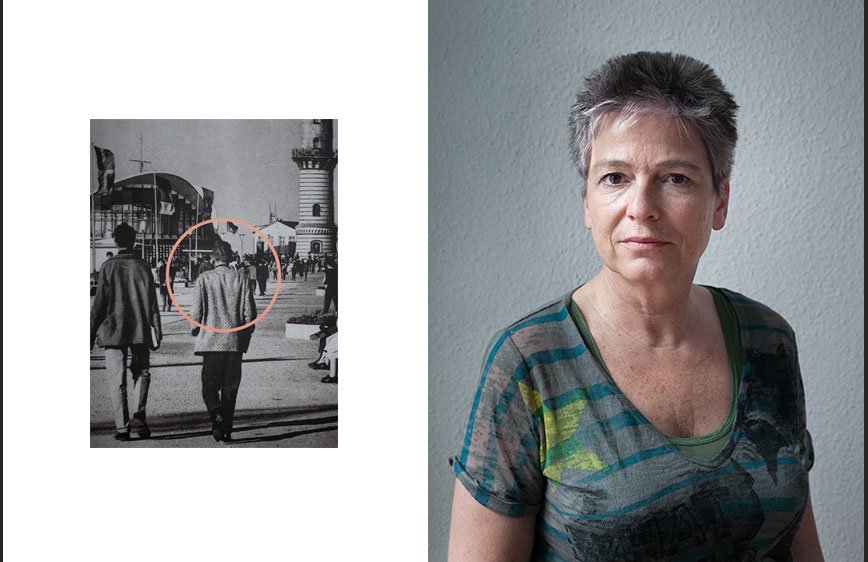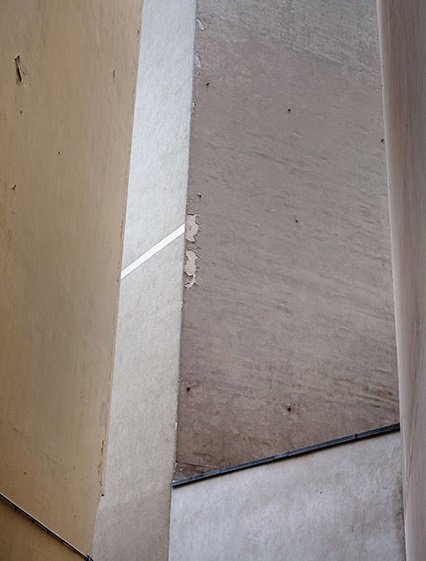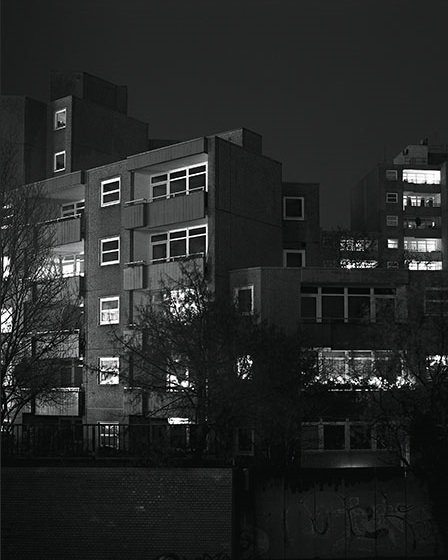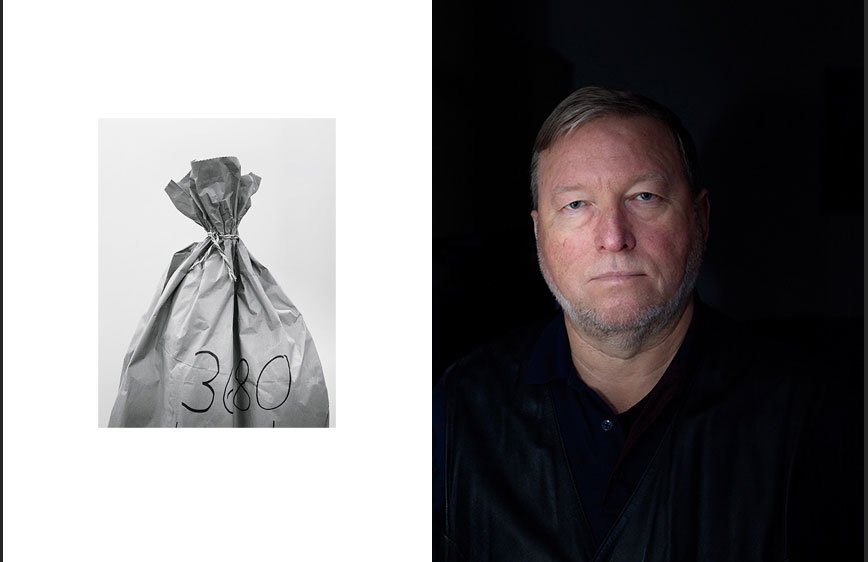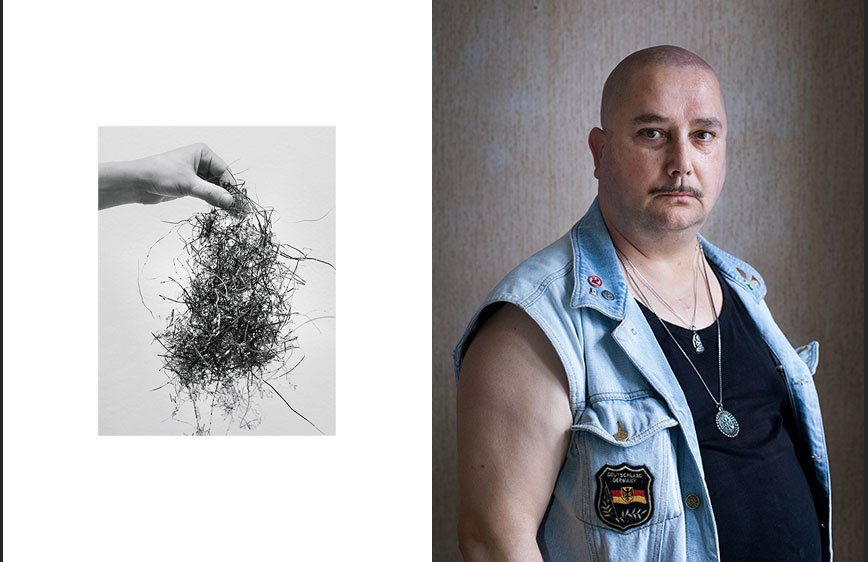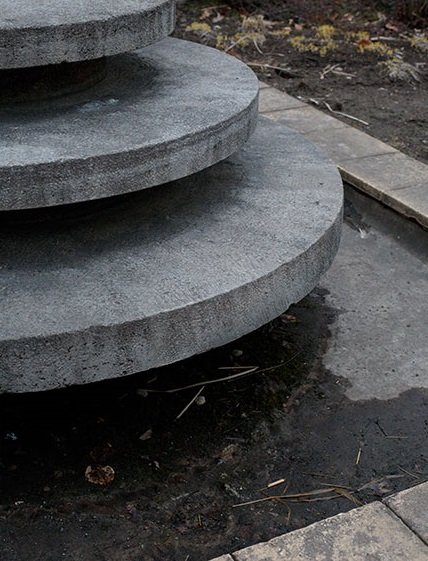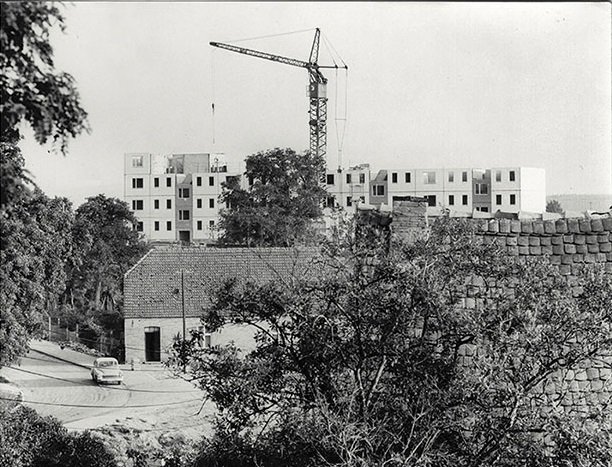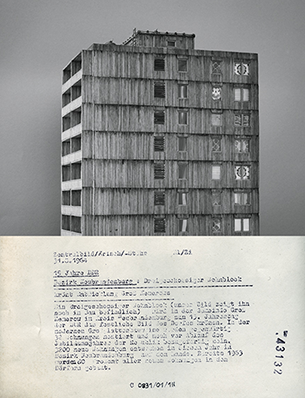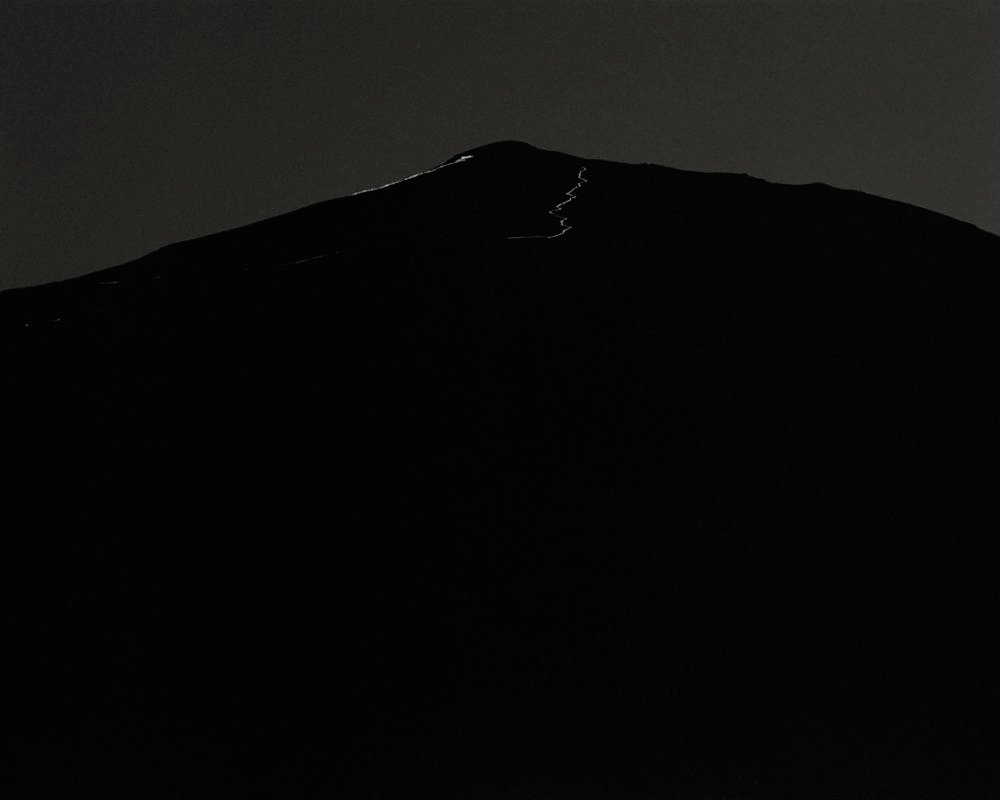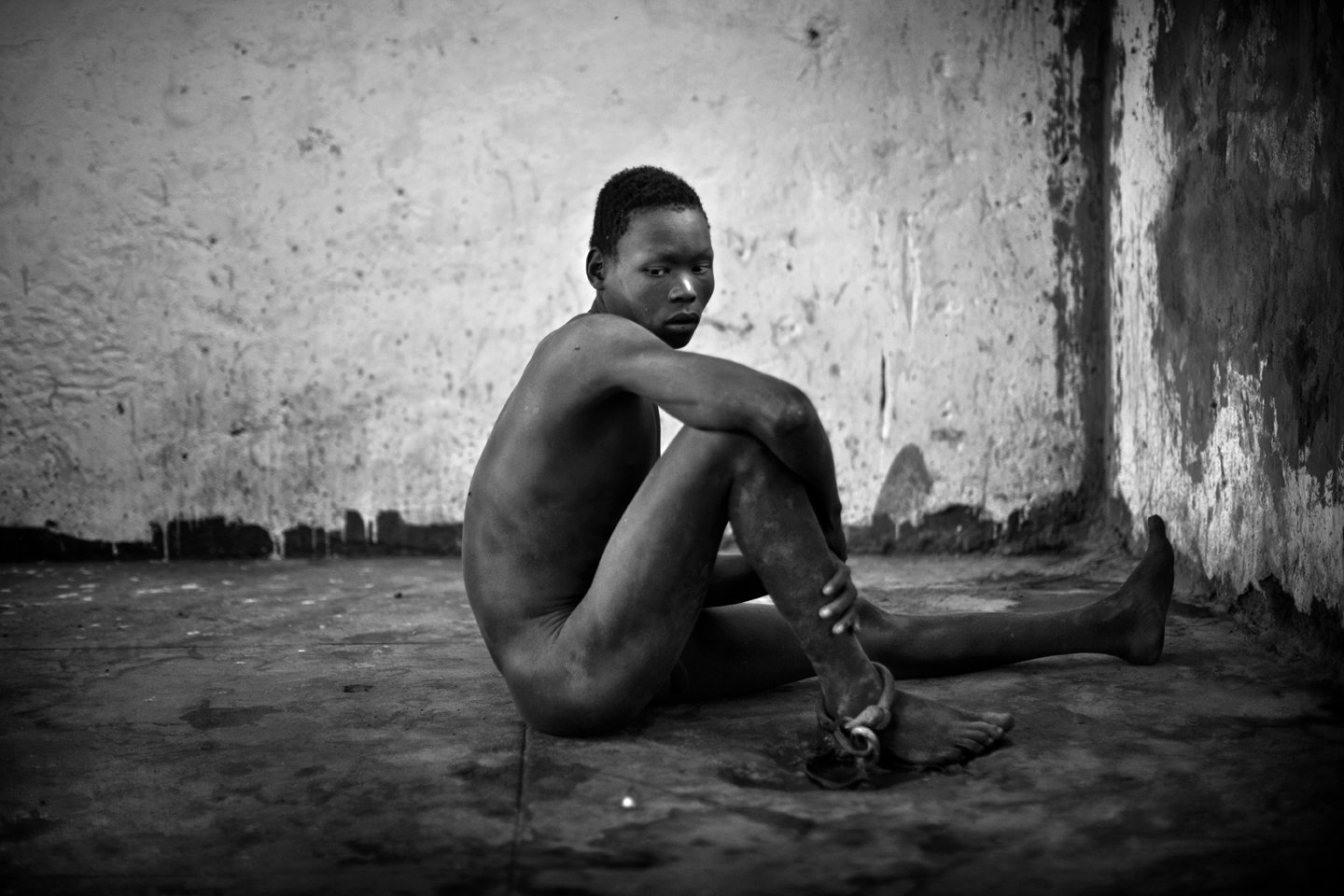Italy –
Following three years of travels and investigations in Germany, published by Discipula Editions Photography feature – Tommaso Tanini’s H. Said He Loved Us draws on the story of the GDR and the German Ministry for State Security (STASI) to explore the feelings of oppression and dread caused by living in a state of constant suspicion and diffidence. Mingling documentary research and literary references within a fictional narrative framework, his personal photographic study is an elegantly oppressive allegory of authoritarianism and domination.
The images of H. Said He Loved Us are immersed in a world devoid of names and references. Their timeless and spaceless nature reveals instead subtle and psychological qualities. Anonymous corners and small details of urban landscape become enigmatic monuments that echo the feelings of the people Tanini encountered during his research. There is a sinister quietness in the meticulously crafted spaces of his photographs that invokes contemplation.
Emerging from this austere landscape, the stories of five victims of the STASI are presented as a patchwork of collected documents, autobiographical notes, found images and portraits. This way, they acquire a new fragmented spirit, and become loose, anonymous and interactive accounts.
Structured as a rich mosaic of traces and suggestions, H. Said He Loved Us subtly warns us about the cyclical and evil nature of any form of totalitarianism, without imposing any unilateral vision and avoiding clichés.
Text by Mfg Paltrinieri & Federica Chiocchetti

